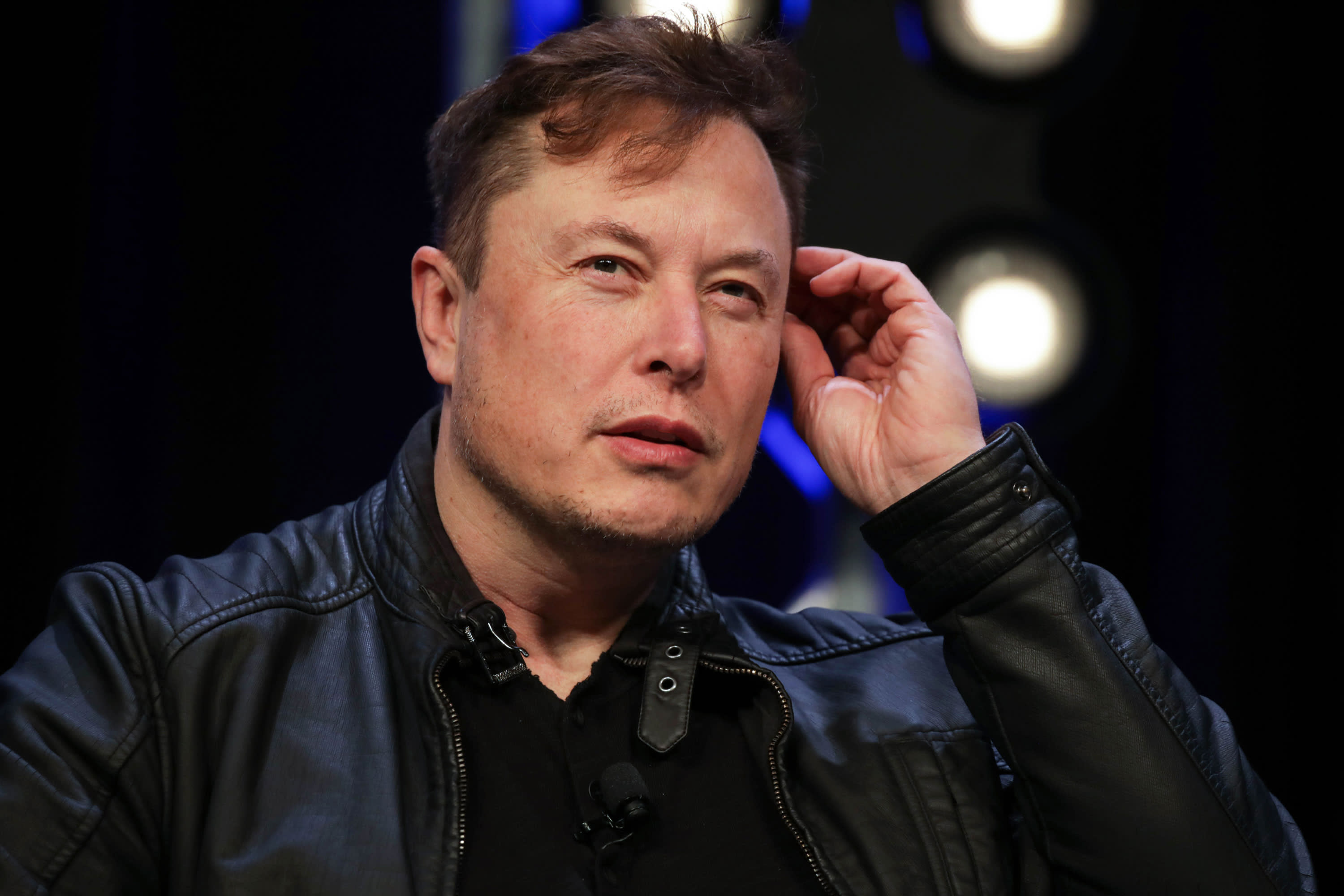Tesla reports fourth-quarter results for 2021 on Wednesday after the bell.
Here’s what Wall Street analysts expect:
- Earnings (adjusted): $2.36 per share expected, per Refinitiv
- Revenue: $16.57 billion expected, per Refinitiv
The report comes in the midst of the most important tech earnings season in years. The Nasdaq has suffered its worst January since 2008 as many investors have begun to sour on the promise of high-growth tech stocks.
In 2021, Tesla delivered 936,172 vehicles, an 87% increase versus 2020 when it reported its first annual profit on deliveries of 499,647. Its 2021 deliveries included 308,600 electric vehicles in the fourth quarter. (Deliveries are the closest approximation to sales reported by Tesla.)
CEO Elon Musk and other execs are expected to give a progress update on the company’s long-delayed heavy duty Semi truck, experimental Cybertruck pickup, and plans for driverless vehicle systems and a $25,000 compact car.
With factories being built in Austin, Texas, and Brandenburg, Germany, shareholders also want to know when high-volume vehicle production and deliveries are expected to start at each plant.
Tesla’s guidance may be tempered by supply chain issues, if Musk’s tweets are any indication. On November 29, 2021, he wrote on Twitter, “Oh man, this year has been such a supply chain nightmare & it’s not over! I will provide an updated product roadmap on next earnings call.”
In 2020, Tesla said it would begin producing its newest model — the crossover SUV known as the Model Y — at its new factories in 2021. The company had also planned to use its own tabless 4680 battery cells, which it unveiled in September 2019, in those vehicles. The cells could help increase the range of Tesla’s electric cars by over 10%.
These plans were delayed, however, amid the second year of the coronavirus pandemic marked by chip shortages and port constraints. Tesla fared better than other North American automakers throughout.
Today, Tesla is on the brink of Model Y production and deliveries from Austin, but is not yet making its tabless battery cells for commercial use.
In the fourth quarter of 2020, Tesla’s Energy division — which installs solar photovoltaics, and sells energy storage systems ranging from home backup batteries to grid-scale projects — reported $752 million in revenue but it was in the red. In the third quarter of 2021, Tesla Energy reported $806 million in revenue, and a narrow $3 million profit.
Tesla struggled with its solar business in 2021 and is now facing a class action lawsuit from customers displeased with a sudden price hike, among other things. However, the company installed large, energy storage systems all over the world. Musk has repeatedly said the company could make and sell far more of its energy storage systems if Tesla’s vehicle business did not eat up so much of the supply of batteries and chips.
Since Tesla’s last earnings call, the company began accepting the cryptocurrency, dogecoin, for some non-vehicle purchases in January 2022. After that, and a steep decline in the price of bitcoin last week, Tesla CFO Zach Kirkhorn is likely to face questions about the value of Tesla’s cryptocurrency holdings.
Tesla hit a $1 trillion market cap for the first time after its third-quarter earnings report, and shares spiked again after rental car company Hertz announced it would grow its fleet of battery-electric vehicles with “an initial order of 100,000 Teslas by the end of 2022.” Musk later clarified that Tesla had yet to sign a contract with Hertz.
Since then, Musk has sold more than $16 billion worth of his Tesla shares.
